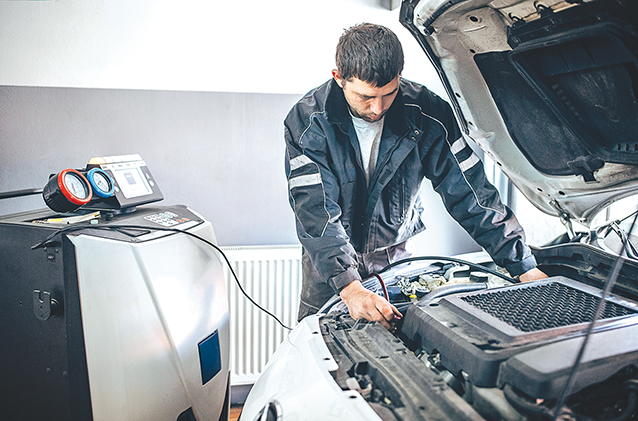Without a functioning engine, a car is just an expensive driveway ornament. Engines keep vehicles moving, much in the same way the heart provides oxygen and blood to keep the human body running strong.
Modern engines are a mixture of mechanical moveable parts and complex computerized systems. Many different parts work in unison to keep a vehicle moving. Engines can be challenging for experienced mechanics, not to mention downright confusing for people who are unfamiliar with what’s under the hood of their vehicle. But any vehicle owner can learn to recognize certain signs that an engine may be on its last legs.
Engine shaking
An engine that is shaking while running may just have bad spark plugs or loose or damaged hoses, offers Sturtevant Used Auto Parts in Wisconsin. However, if those fixes don’t work, it could be an indication of a deeper problem that requires a mechanic, such as fuel intake system issues, compromised motor mounts or timing belt problems.
Excessive smoke
An engine in trouble typically has to work harder. That results in heating up more quickly, which can lead to overheating. Smoke may be white, blue or black (each color indicates a separate problem). Any sign of excessive smoke is a reason to consult a mechanic.
Warning lights
The dashboard tends to light up when the car is started, and one by one those lights diminish as the car’s computer checks that all systems are working correctly. If the “check engine” light remains on, it is notifying the driver of a problem. The issue could be a faulty sensor or something more ominous. Mechanics can hook the vehicle up to a scanning tool that runs diagnostics to “speak” to the car’s computer helping to diagnose the issue, advises How Stuff Works.
Strange noises
Popping or tapping noises may suggest that gasoline is igniting prematurely in the combustion chambers of the cylinders. Grinding noises may tell you that the starter motor needs to be changed or replaced. Transmission issues also can produce grinding sounds. Generally speaking, if the car is making sounds it does not normally make, schedule a service appointment.
Poor fuel efficiency
Engine trouble may cause the car or truck to consume gas faster than normal, according to the car information site Carsoid. The engine or one of its components may be faulty. Problems could arise in the spark plugs, oxygen sensor or fuel injector.
Metal flakes
If you change your own oil, check to see if the oil has metal flakes, or ask the technician if he or she sees flakes when you bring it in for service. Flakes indicate the engine is creating too much friction and slowly chipping away at the components.
Trouble starting
Failure to turn over is a clear indicator of engine troubles. It could be the battery, but if the battery is new, look for other causes.
Engine trouble does not generally come out of nowhere. Certain signs can warn drivers their vehicles need servicing.




